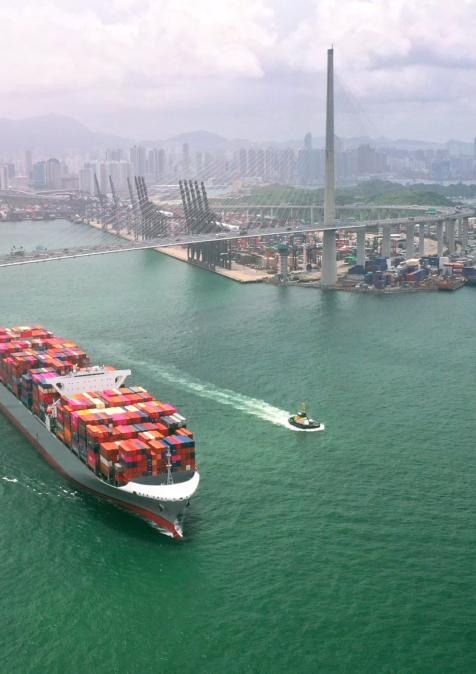Podcasts
Fragilités auxquelles se heurte le rehaussement du potentiel de la croissance de l’économie marocaine; parution de l'ouvrage "Ouverture, productivité et croissance économique au Maroc"
Related topics:
Le Policy Center for the New South et le Laboratoire d’Économie Appliquée (Université Mohammed V), se sont engagés dans un projet de recherche, appuyé par le Centre National pour la Recherche Scientifique et Technique, visant l’approfondissement des connaissances et d’analyses sur l’ouverture et les transformations structurelles de l’économie marocaine. Plusieurs manifestations et activités scientifiques ont été ainsi organisées, dont notamment la publication, en 2016, d’un ouvrage intitulé « Equilibres externes, compétitivité et processus de transformation structurelle de l’économie marocaine ».
Cet ouvrage s’inscrit justement dans ce cadre et vise à apporter plus d’éclairage sur les liens existant entre ouverture, productivité et croissance économique. Il comprend une série de papiers sélectionnés en deux temps par le comité scientifique. D’abord, l’appel à communications lancé en juillet 2017 a permis de sélectionner 12 papiers, qui ont été présentés et discutés dans le cadre du colloque organisé sur la même thématique le 22 février 2018 à l’Université Med V. Ce colloque a été, par ailleurs, une occasion pour proposer des pistes de réflexion plus pertinentes et des approches méthodologiques plus appropriées. Ensuite, et sur la base des rapports des évaluateurs anonymes des papiers reçus en réponse à l’appel à contribution lancé en mars 2018, le comité scientifique a sélectionné les 16 papiers de cet ouvrage. Tout au long de ce processus de sélection, le comité scientifique a veillé à ce que les papiers retenus pour publication garantissent la diversité requise tant d’angles d’analyse, que d’approches méthodologiques.








